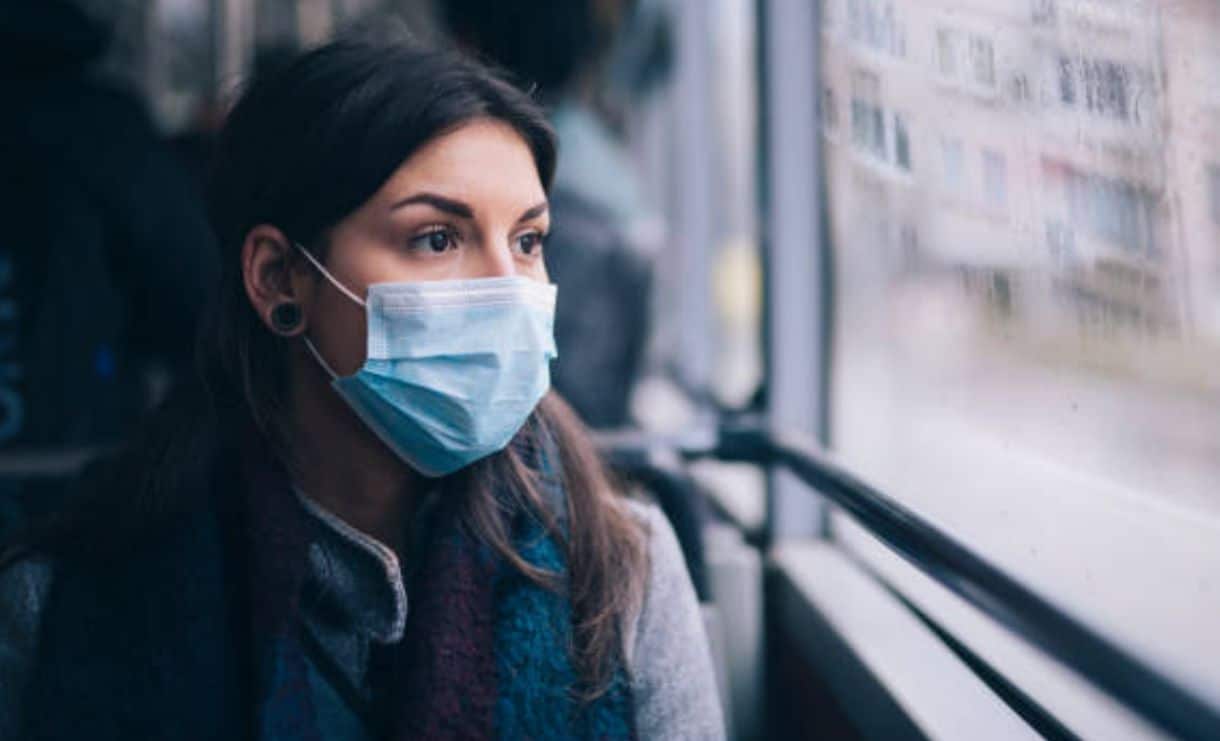Most individuals already know about the main symptoms of COVID-19 by now—cough, fever, muscle aches, headaches, and difficulty breathing—including skin rashes, diarrhea, kidney abnormalities, and potentially life-threatening blood clots after vaccination.
But recognizing these symptoms, especially related to blood clots (in medical terms it is called Cerebral venous sinus thrombosis is also known as CVST), could help health care professionals to treat them well in time.
And you must also aware when you should seek medical attention.
Here’s a rundown of what British expert Dr. Amir Khan says, so far, about these lesser-known effects after vaccination.
- Does This Mean We Stopped Being Animal and Started Being Human Due to ‘Copy Paste’ Errors?
- The One Lifestyle Choice That Could Reduce Your Heart Disease Risk By More Than 22%
- Aging: This Is What Happens Inside Your Body Right After Exercise
- Immune-Boosting Drink that Mimics Fasting to Reduce Fat – Scientists ‘Were Surprised’ By New Findings
- Gun Violence in America: What They Don’t Talk About at the Debate
Dr. Amir Khan also shared symptoms people should be aware of after having the coronavirus vaccine on Good Morning Britain.
Speaking to Adil Ray and Ranvir Singh, Dr Amir said: “It is very rare these very specific blood clots in the brain, it’s common to get minimal side effects after having the vaccine such as a temperature, fevers, chills, headaches, but if your headaches persist beyond four days after having the vaccine then you should seek medical help.
“Other symptoms include blurred vision and nausea.”
The doctor from Bradford appeared on GMB to discuss viewer concerns about the AstraZeneca vaccine after trials at Oxford on children were paused.
Dr Amir then warned of the more serious warning signs as they are given time to develop: “As time develops, if you don’t get treatment, that could lead on to seizures and comas.
“Headaches, blurred vision, nausea, particularly after four days is when you should seek medical help.”
He further added that if you experience symptoms for any longer than four days, you should seek medical help.
- Does This Mean We Stopped Being Animal and Started Being Human Due to ‘Copy Paste’ Errors?
- The One Lifestyle Choice That Could Reduce Your Heart Disease Risk By More Than 22%
- Aging: This Is What Happens Inside Your Body Right After Exercise
- Immune-Boosting Drink that Mimics Fasting to Reduce Fat – Scientists ‘Were Surprised’ By New Findings
- Gun Violence in America: What They Don’t Talk About at the Debate
Dr. Theodore Warkentin, professor of pathology and molecular medicine at McMaster University and a co-author of one of the recent papers says that vaccinated patients must aware of symptoms such as blurry vision, headache, weakness in their extremities, shortness of breath, chest pain, or unusual swelling in the arms and legs.
Cerebral venous sinus thrombosis is also known as CVST or a blood clot is very rare, according to scientists.
Sometimes a headache is the only symptom of CVST, but many patients have the following stroke-like symptoms:
- the face may have dropped on 1 side, the person may not be able to smile, or their mouth or eye may have drooped.
- the person may not be able to lift both arms and keep them there because of weakness or numbness in 1 arm.
- their speech may be slurred or garbled, or the person may not be able to talk at all despite appearing to be awake; they may also have problems understanding what you’re saying to them.
